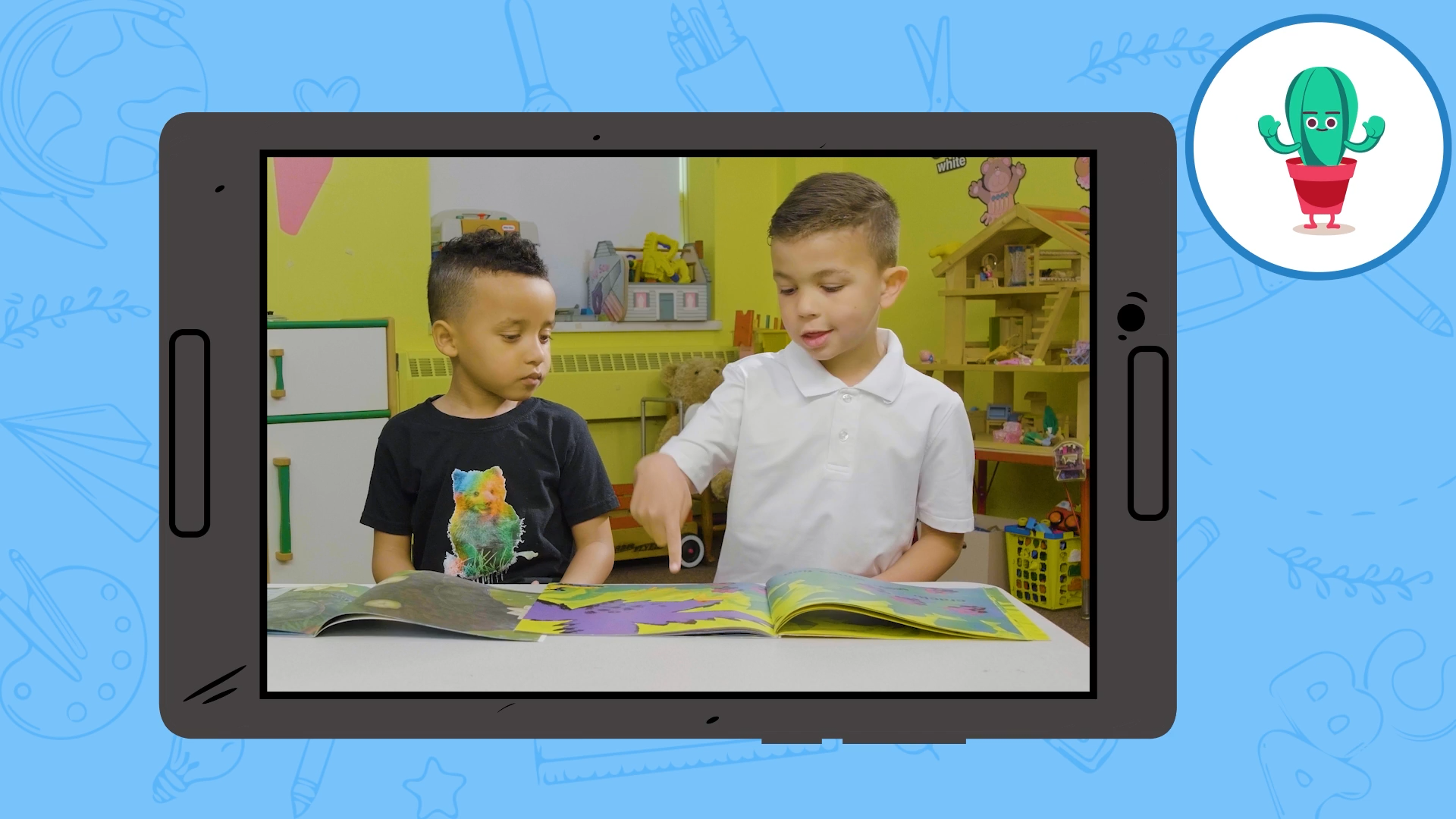
Introduction
Self-talk is the internal dialogue we have with ourselves. It can have a significant impact on our thoughts, feelings, and actions. For PreK students, developing positive self-talk skills can help boost their confidence, enhance their learning experiences, and support their overall social-emotional well-being. In this blog post, we will discuss the importance of self-talk for young learners, present a no-prep activity to introduce the concept, provide discussion questions, and mention related skills for further exploration.
No-Prep Activity: The Self-Talk Circle
This activity requires no preparation or materials from the educator. It helps students practice positive self-talk while also reinforcing their listening and speaking skills.
- Have the students sit in a circle.
- Explain that they will take turns saying something positive about themselves or something they are good at. This can be a skill, a talent, or a personal characteristic.
- Begin the activity by modeling positive self-talk. For example, you might say, “I am a good listener,” or “I am good at helping others.”
- Invite the student to your left to share their positive self-talk statement. Continue around the circle until each student has had a turn.
- After each student has shared, remind them to practice using positive self-talk throughout the day, especially when they face challenges or feel discouraged.
Discussion Questions
- How did it feel to say something positive about yourself?
- How can positive self-talk help you when you face challenges or feel discouraged?
- What are some examples of negative self-talk? How can we replace these thoughts with positive self-talk?
- How can we help our friends and classmates practice positive self-talk?
- Why is it important to be aware of our self-talk and make an effort to keep it positive?
Related Skills
Positive self-talk is just one aspect of social-emotional learning for PreK students. Other related skills that can support their development and well-being include:
- Active listening
- Empathy
- Problem-solving
- Emotion regulation
- Resilience
Next Steps
Now that you have an understanding of self-talk and its benefits for PreK students, we encourage you to incorporate this skill into your classroom activities and discussions. To help you get started, we invite you to sign up for free samples of self-talk activities and other related skills at Everyday Speech. These resources can support your efforts to create a positive and nurturing learning environment where students can develop essential social-emotional skills for lifelong success.

